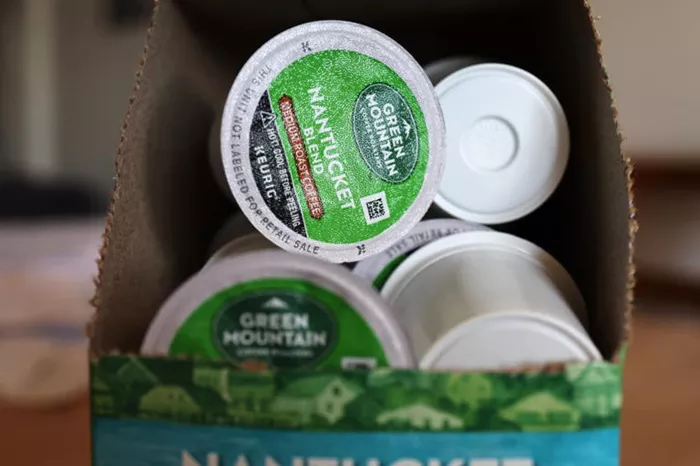Amid rising prices, many Americans are reevaluating their coffee consumption habits. Some are reducing visits to popular chains like Starbucks, while others are seeking out sales at grocery stores or using reusable K-Cups filled with their own ground coffee to cut costs.
In response to changing consumer behavior, coffee companies have intensified their competition through discounts and coupons. However, this price war has adversely affected sales for both Keurig Dr Pepper, known for its K-Cups, and Starbucks, prompting both companies to reconsider their strategies. Recently, Keurig’s U.S. coffee business experienced a price reduction of approximately 6.3%, which contributed to a revenue decline of 3.6%. Executives at Keurig expressed dissatisfaction with the results of their price promotions and indicated plans to raise prices in early 2025.
The surge in at-home coffee sales began in 2020 when pandemic lockdowns forced millions to work from home, leading many consumers to invest in espresso machines, French presses, and pour-over brewers. Recently, however, significant price increases have strained household budgets, pushing shoppers to hunt for bargains.
Eva Justice, a 23-year-old coffee drinker from Brooklyn, New York, found a sale on K-Cups at a local Target after earlier searching for discounts on Amazon. She purchased two boxes of Starbucks-brand K-Cups in pumpkin spice and caramel flavors for $13 each, down from the usual $17. “I typically won’t buy them at the usual price,” Justice stated. “I am always looking for a sale.” Other consumers are also turning to reusable coffee pods to use their own grounds in Keurig machines, with many sharing positive experiences on social media and Amazon reviews about the cost savings.
Recent data from Jefferies analysis of NIQ indicates a 1.4% decline in U.S. dollar sales of at-home coffee—including ground coffee, whole beans, and pods—in the 52 weeks ending October 5, while unit sales fell by 1%. Keurig’s Chief Executive, Tim Cofer, noted that while single-serve coffee remains relatively strong compared to the broader coffee market, the price promotions have negatively impacted the company’s revenue and profits.
“The at-home coffee category performance has been sluggish, taking longer to recover than we had anticipated,” Cofer explained during a call with analysts. He also observed a shift among some coffee drinkers towards energy drinks for their caffeine needs. In response to this trend, Keurig recently announced its acquisition of energy drink manufacturer Ghost for over $1 billion.
Nestlé, which produces Nescafe instant coffee, Nespresso pods, and Starbucks beans, has also reported weakened consumer demand in recent months. The company reduced prices on its coffee creamers in North America as more consumers shifted towards lower-cost options. Nestlé CEO Laurent Freixe acknowledged the current economic challenges, stating, “The reality is that the consumer is soft, and economic growth is generally not buoyant in most parts of the world.” He noted that the price of robusta coffee has reached record highs, necessitating a balance between passing on costs to consumers and maintaining market share.
Starbucks, which has traditionally positioned itself as a premium coffee brand, has also adjusted its approach. The company, long resistant to discounts, has recently adopted more promotional strategies due to inflation prompting customers to reconsider their spending habits. Earlier this year, Starbucks frequently offered buy-one-get-one promotions and member perks in its loyalty program. However, under new CEO Brian Niccol, who took over in early September, the company has scaled back these discounts, focusing instead on enhancing service in cafes. Starbucks has indicated that these frequent promotions did not significantly increase customer traffic and contributed to ongoing sales declines. The company is set to report its quarterly earnings on Wednesday.
Nero Akpowowo, a 37-year-old physician assistant from Brooklyn, shared his own shift in purchasing behavior. With typical coffee prices ranging from $3 to $6 at local cafes, he has opted to buy ground coffee instead. “This ends up being considerably cheaper,” Akpowowo remarked. “It’s all about the discipline to have time to make this at home.”
Related Topics:
FTC Takes Aim at Qargo Coffee: Franchise Violations Uncovered
Elevate Your Talent Game: Exclusive GCI Conference in London
Costa Coffee Faces £9.6 Million Loss Amid Rising Costs


